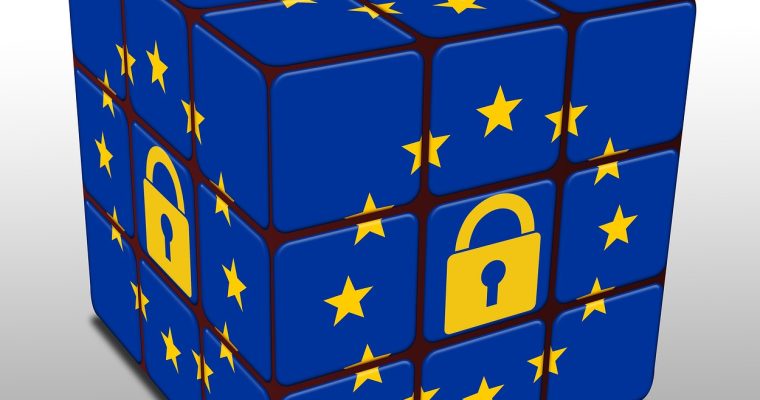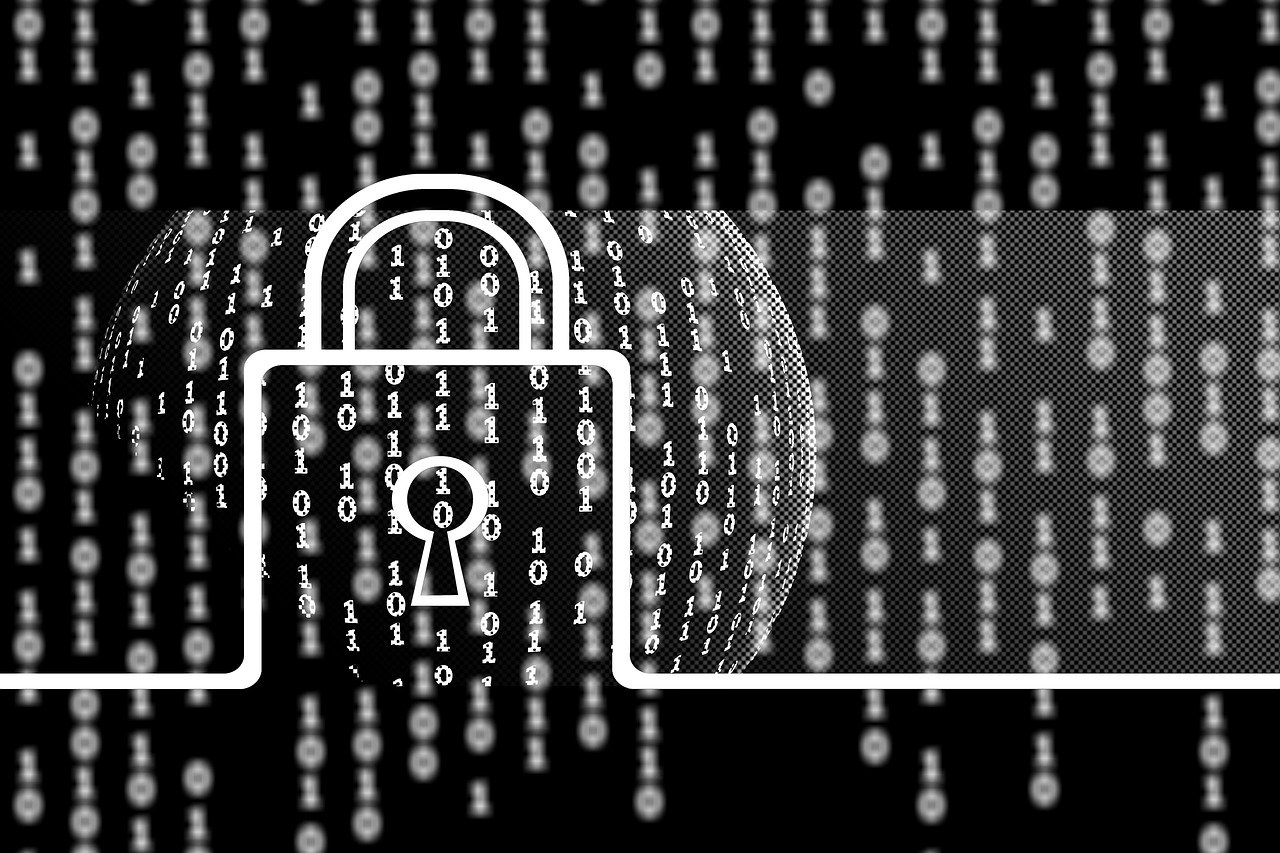Tag: encryption
Too Big to Fail, Too Centralised to Survive: What 16 Billion Leaked Logins Tell Us About the Wrong Kind of Scale
When 16 billion credentials turn up in a single breach compilation, it should shake us. But it doesn’t. Not anymore. And that’s the problem. In the latest reminder that password-based security is a brittle mess, security researchers revealed a mega-leak containing more than 16 billion …
Play, Pay, Repeat: Why Australia Needs to Stop Chasing Encryption Backdoors and Start Getting Serious About Kids, Games,and Digital Safety
Over the weekend, I read an article by Jackson Ryan in The Guardian that stopped me in my tracks. It asked a pointed question — “Does video game monetisation harm children, and what is Australia doing about it?” — and its answers were far from …
Unraveling Digital Sovereignty: The Delicate Balance of Digital Sovereignty: Insights and Imperatives
Defining Digital Sovereignty in Our Times In his thought-provoking article, “Digital Sovereignty: A Framework for the Internet Age,” Robin Berjon skilfully outlines the challenges and necessities of digital sovereignty. This article builds on his foundation, delving deeper into nuanced facets of digital sovereignty and highlighting …







